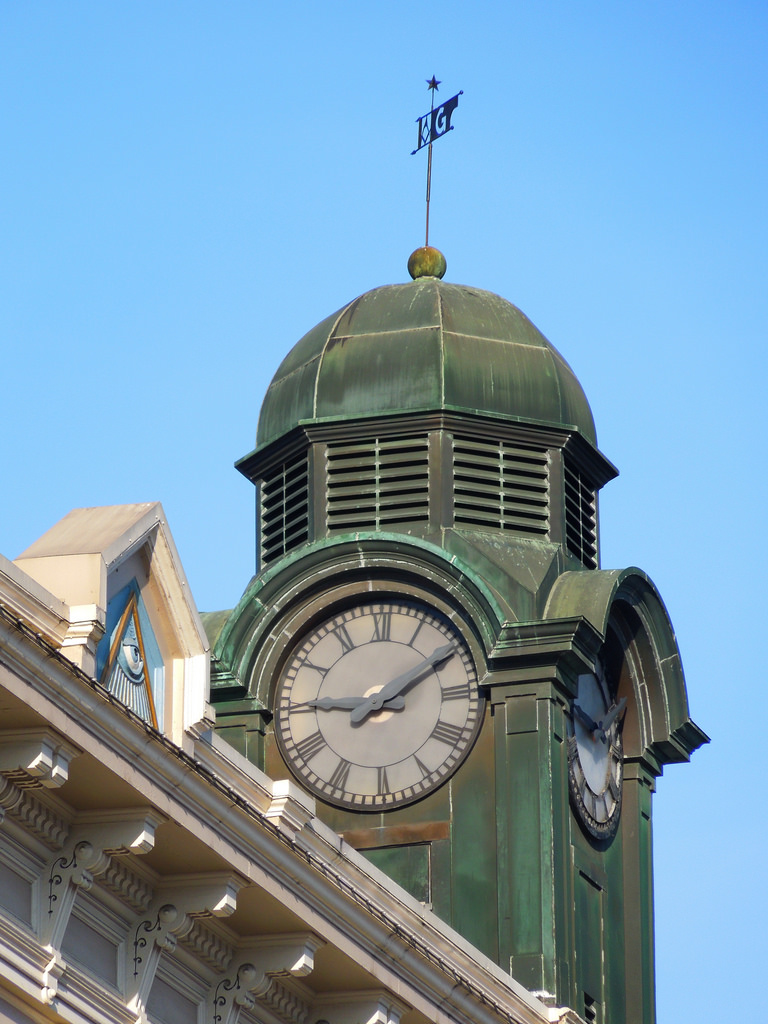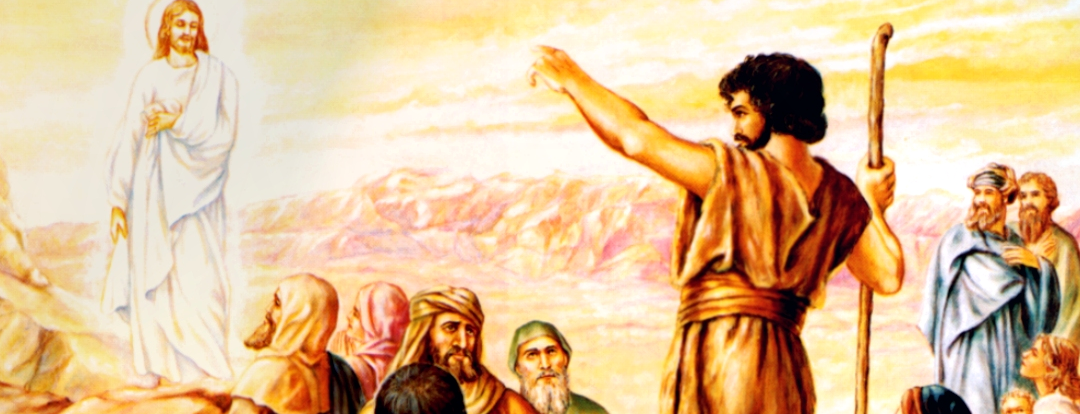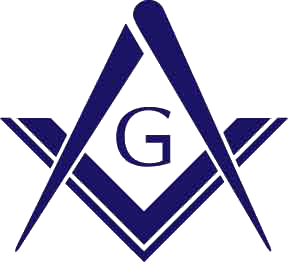by Brother Tim Giddings
Brethren, we commemorate June 24th as the day of Saint John the Baptist; one of the two patron saints of Freemasonry. The other is Saint John the Evangelist, which we celebrate on December 27th. These correspond to the ancient festivals of the Summer and Winter solstices.
Worshipful Christopher Hodapp, author of Freemasonry for Dummies writes:
John the Baptist was zealous, John the Evangelist was learned. by picking both as patron saints, Masons symbolically united both passion and reason. Taken as a whole, a Mason should consult the sacred texts of his own religion to achieve a proper balance between passion and intensity on one side, and knowledge and education on the other. In other words, he should balance education, excitement and faith to effectively subdue his passions.
We are reminded of the importance of this balance, in the wise words of Theodore Roosevelt, “to educate a man in mind and not in morals is to educate a menace to society.” So too is to embrace fervency and zeal without the temperance of a learned mind.
Reverend Jill hardy, First Baptist Church from Lebanon, Connecticut, writes:
John may have been a radical. He may have dressed like a bum and eaten like some first century hippie. And, yes, he was abrasive and even downright rude, at times. John was definitely not the kind of man you hope your daughter falls in love with and marries. But, despite all these seemingly unpleasant and even unsavory characteristics of the man we call John the Baptist, he is a man we could all do well to emulate. For, above all else, beyond his rough way of dressing and his strange way of eating, beyond his in-your-face attitude and lack of social graces, beyond all this, John was a man of character and integrity. For John was a man who was devoted to God.
His life’s work was carried out in accordance to God’s will and in response to God’s call. Living this way didn’t exactly make John a popular guy. He was an outsider from the beginning and remained one right up until the end. And we know from our experiences today, that living in accordance with God’s will and purpose is not always easy … is not usually the way for us to fit in with all that is going on around us. In a society that touts self-gratification and entitlement based on one’s desires, devotion to God can mean swimming against the strong current of individuality. It means putting others before oneself and giving up individual gain to benefit people who are often complete strangers.
John the Baptist was one particular man who lived in a particular historical moment. And yet, his message of repentance, humility, devotion and love of God transcends time and culture. It is a message just as urgent today as it was 2000 years ago. It is a message that was illustrated by John’s life and it is a message that underscores so many of the values that Masons today lift up as ideals for the living of a moral life.
Joseph Fox Newton once said: “righteousness and love — those two words do not fall short of telling the whole duty of a man and a Mason.” And Masons around the world could do no better in their choice of a model for living than they have in Saint John the Baptist, a man whose life continues to shine as an example to us all. Amen.
Gentlemen, I can do no better than these illustrious writers to express the significance of the commemoration of Saint John the Baptist. Truly, we live in a time when moral integrity is not politically correct and is even denigrated. Let us resolve to be as staunch as this patron saint, who did not waiver, even in the face of death.
I conclude with a quote from Brother George Washington: “being persuaded that a just application of the Principals, on which the Masonic Fraternity is founded, must be the promotion of private virtue and public prosperity. I shall always be happy to advance the interests of the Society and to be considered by them as a deserving brother.”


